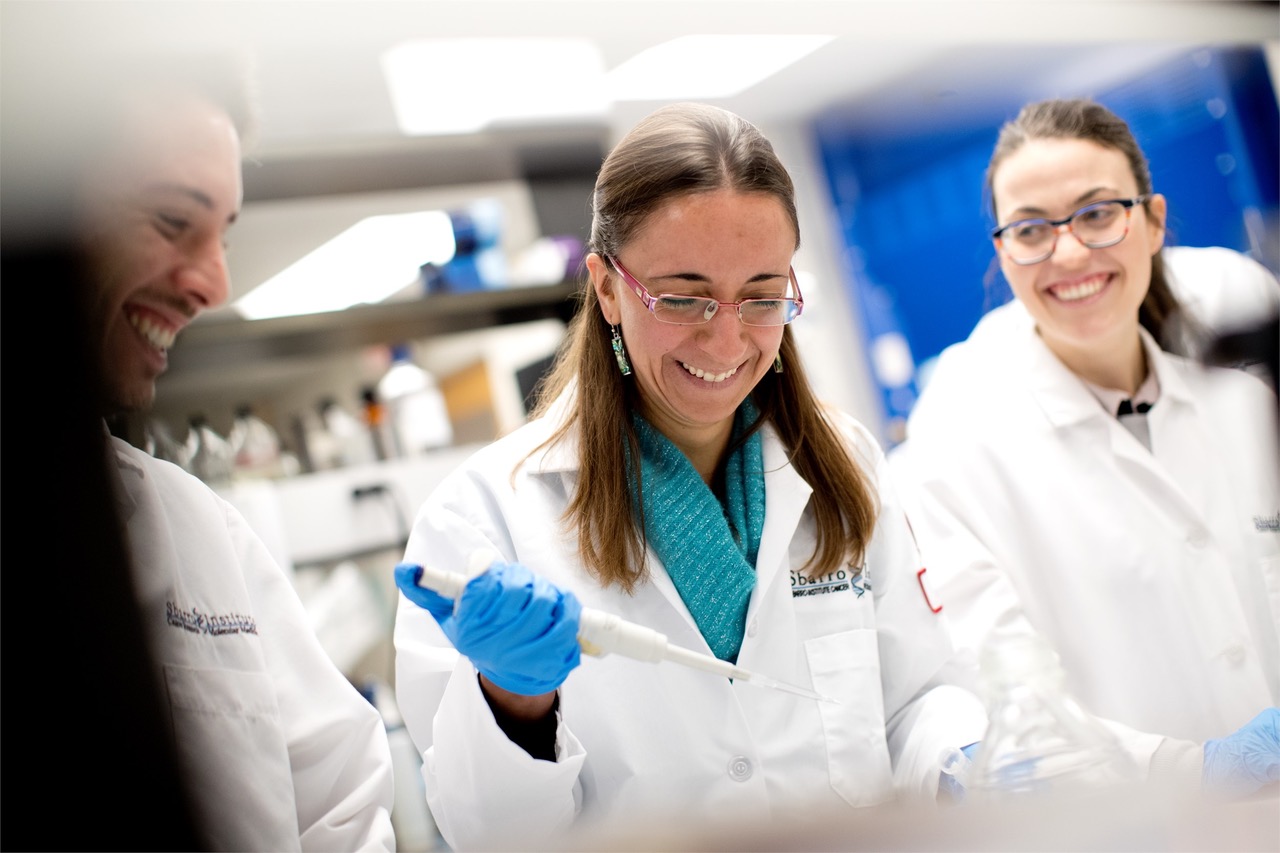Fake News about Cancer
12 May , 2025

Myths Debunked and Truths Revealed
Cancer is one of the most talked-about diseases globally, yet misconceptions and myths continue to circulate, causing confusion and anxiety. Let’s debunk some popular myths and share fascinating truths that might surprise you:
Myth #1: Cancer is a Modern Disease
Fact: Cancer isn’t new. Evidence of cancer has been found in dinosaur fossils and even in ancient Egyptian mummies dating back thousands of years.
Myth #2: Sharks Don’t Get Cancer
Fact: Despite popular beliefs and products claiming to use shark cartilage to prevent cancer, sharks do indeed develop cancer. This misconception originated from limited studies in the past but has since been thoroughly disproven.
Myth #3: Sugar Feeds Cancer Cells
Fact: While cancer cells consume glucose (sugar) for energy, so does every cell in your body. Completely removing sugar from your diet won’t eliminate cancer. Balanced nutrition is key to overall health.
Myth #4: Cell Phones Cause Brain Cancer
Fact: Extensive studies have shown no consistent evidence linking cell phone use to brain cancer. Current research continues to monitor long-term effects, but as of now, cell phone radiation isn’t recognized as a cancer-causing factor.
Myth #5: Superfoods Can Cure Cancer
Fact: While a diet rich in fruits and vegetables supports overall health, no single food can cure cancer. Claims about miracle foods curing cancer often exploit vulnerable individuals looking for hope.
Facts You Might Not Know:
Dogs Can Detect Cancer: Dogs have noses so sensitive that they can detect certain cancers through smell. Trained dogs have identified skin, breast, lung, and prostate cancers by sniffing breath, skin, or bodily fluids.
Cancer Isn’t Just One Disease: Cancer is an umbrella term for over 200 distinct diseases, each requiring different treatments and strategies.
Cancer Can Sometimes “Disappear” On Its Own: Very rarely, certain cancers spontaneously regress without treatment. Scientists still don’t fully understand this mysterious phenomenon.
Height Can Affect Cancer Risk: Studies suggest taller individuals might have a slightly higher risk of certain cancers, possibly due to having more cells and thus a higher probability of cell mutations.
The Takeaway
Staying informed is powerful. Understanding these surprising truths and debunked myths helps us approach cancer realistically and proactively. Always consult reputable sources and healthcare professionals for accurate information.




